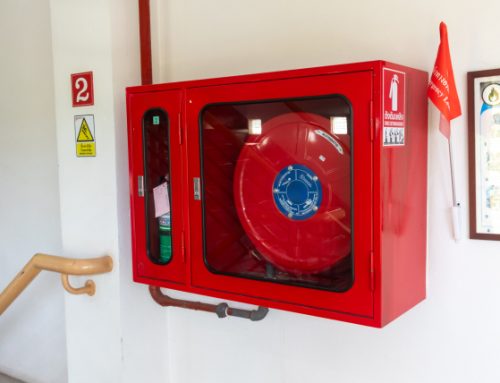Property transfer needs to be done with complete adherence to legal regulations to avoid any hassles. Whether you are purchasing 2 BHK studio apartments in Thane or transferring an existing property to another, there are specific documents and procedures that need to be completed.
In a bid to enhance transparency in dealings and prevent future unwarranted claims, the government has streamlined the property transfer process. People have multiple options to transfer property be it in the form of a sale or a gift with the help of a deed. A deed is a signed legal document that transfers ownership from one party to another.
Here, we take a look at five ways you can transfer property in India.
1. Sale Deed
One of the most common practices used to transfer property is through a sale deed. In this process, a seller with an existing property sells their property to a buyer. Both parties sign the deed, and it is then submitted to the Sub-Registrar office. Once approved, the ownership of the property shifts to the buyer. The seller is taxed on the profit made from a sale deed in the form of capital gains.
2. Gift Deed
A house can be one of the greatest gifts for your loved ones. Whether it is a young family or your child, the gift of a 2 BHK luxury home in Thane can work wonders in building a life. a gift deed for an immovable property needs to be signed and registered along with stamp duty to be effective. Once the transfer is done however, it cannot be revoked. The person gifting the property cannot ask for any money in the future. One advantage of this deed is that it is a more cost-effective method of property transfer as there are no taxes to be paid.
3. Relinquishment Deed
In case of a property transfer where there are multiple owners, a relinquishment deed will work best. In this deed, a co-owner can relinquish their share in the property and transfer their portion to another co-owner. Here, the parties involved can decide whether the transfer is done for money or not. It is not mandatory to pay money for such a transfer. However, once the transfer is approved, it cannot be revoked.
4. Will Deed
A lot of property is inherited by the owner’s children in India and this happens with the help of a Will Deed. To ensure that your sprawling 3 BHK residential apartment in Thane is transferred seamlessly to your loved ones, it is essential to make a Will. Property transfer in such a case happens after the owner dies. A copy of the Will along with a death certificate and other documents to the local authority facilitates the transfer.
5. Partition Deed
This is typically following a court order or legal settlement wherein a property is divided between multiple owners. The share of each owner in the property is decided by the owner or the court as the case may be.
Conclusion
Property transfer in India can be carried out in numerous ways. Simply ensure that you follow the procedure for whichever method you adopt and submit all the necessary paperwork to the authorities.









































